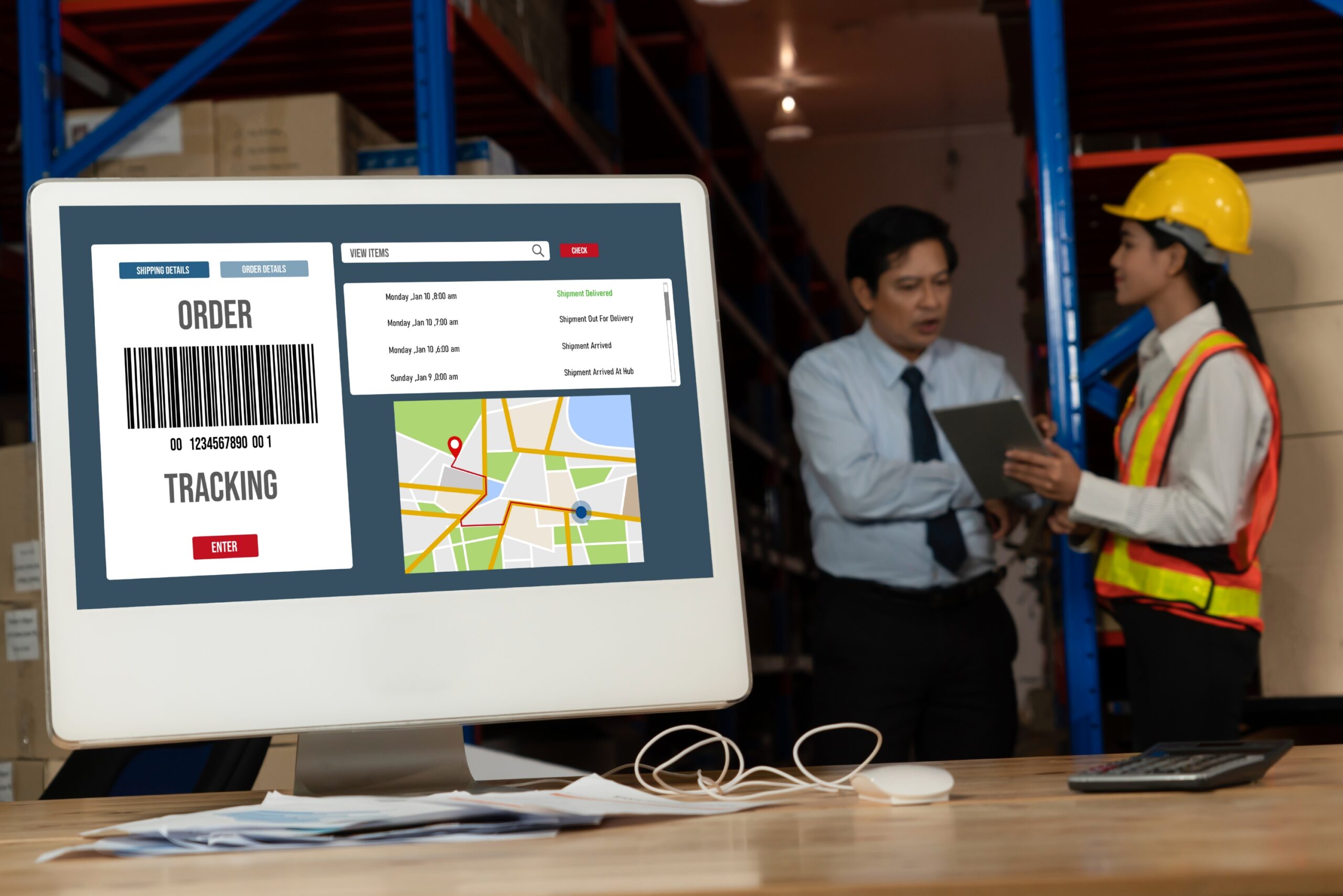What Are QR Codes, and Why Are They Important?
In construction, QR codes act as digital bridges, connecting physical assets, documents, and workflows to cloud-based systems. For an industry where real-time data is critical, QR technology brings the ability to eliminate paperwork, track resources seamlessly, and improve communication between teams.
1. Smarter Time Tracking
- Impact: UK construction companies using QR-based time tracking have reported a 25% reduction in payroll errors and significant savings in labour costs.

2. Simplifying Inventory and Asset Management
- Maintenance schedules
- Current usage or availability
- Maintenance schedules
- Purchase and warranty records
This visibility ensures better resource allocation, reduces equipment downtime, and prevents costly project delays.
3. Enhancing Compliance and Safety
Staying compliant with UK regulations such as the CDM 2015 can be daunting. QR codes streamline compliance processes by linking safety documents, training records, and incident logs to a centralised system. Workers can scan codes on-site to access health and safety guidelines or report incidents immediately, creating a safer workplace.
4. Digitising Site Diaries and Progress Updates
Gone are the days of handwritten site diaries. QR codes allow construction managers to link progress updates directly to specific project milestones. For example:
- Scanning a QR code on a site poster can log progress updates, photos, and videos in real-time.
- This creates a digital trail that’s accessible to office administrators and senior managers for project oversight.
Case Study: QR Codes in Action
Project: Thames Renovations Ltd.
Solution: By implementing QR code-based solutions, the company reduced time logging discrepancies by 40% and saved over £75,000 in equipment-related inefficiencies within one year.
5. Seamless Integration with Cloud Software
The true power of QR codes lies in their integration with cloud-based construction management systems. By linking QR codes to platforms like Commence Suite, construction firms can:
- Centralise all project-critical data.
- Automate workflows, such as assigning tasks after scanning.
- Provide real-time visibility to stakeholders.
This synergy ensures that construction firms operate efficiently, even when managing multiple sites.
The Future of QR Codes in Construction
- Smart Wearables: QR codes integrated into helmets and vests for easier worker identification and safety compliance.
- Geotagging: Combining QR codes with GPS to track the location of assets and tools in real-time.
- AI and Analytics: Using data from scanned QR codes to identify patterns and predict project inefficiencies.
“Just remember that you can test different video lengths until you find what works best –– the sweet spot. Pay attention to your video performance and adjust until you see success.”
Conclusion
With tools like Commence Suite, construction firms can unlock the full potential of QR codes, ensuring greater efficiency, compliance, and profitability in every project.




